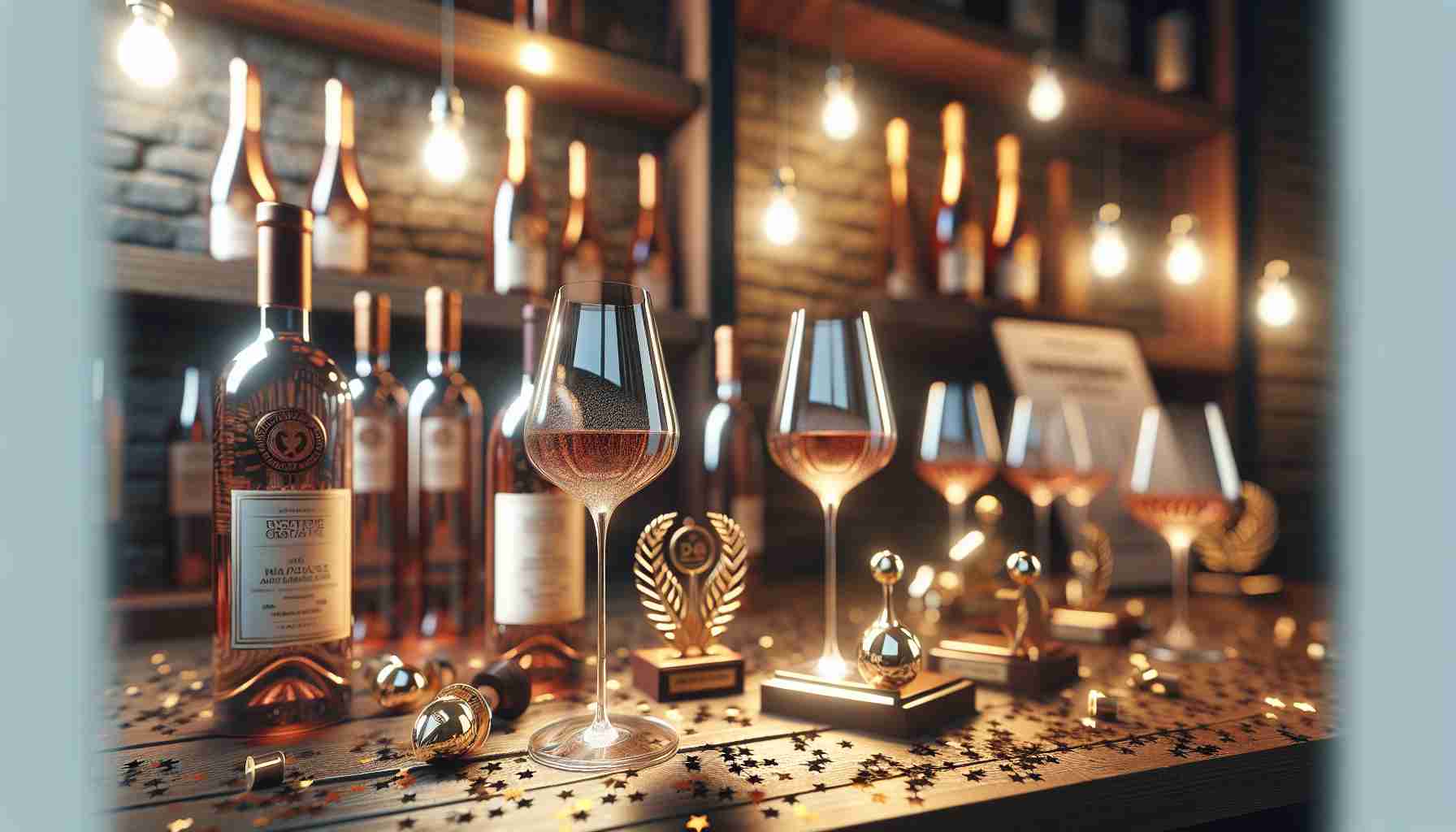A Celebration of Excellence in Wine
In a thrilling event in Santa Rosa, California, J. Lohr Winery from San Jose has been crowned the coveted Winery of the Year at the 43rd annual Dan Berger’s International Wine Competition. This prestigious award ceremony took place on December 13, 2024. J. Lohr made an impressive mark by submitting 30 distinct wines, each of which secured a medal. Their remarkable haul included one triple gold, eight gold medals, 19 silver, and two bronze—an extraordinary achievement that showcases their commitment to quality.
Following closely was Jeff Runquist Wines from Plymouth, renowned for its consistent high performance, securing the runner-up position for Winery of the Year. With a total of 30 entries, Runquist garnered two triple golds, four golds, 20 silvers, and four bronzes.
The title of Small Winery of the Year went to Reustle Prayer Rock Winery from Oregon, which also demonstrated outstanding results with 18 medals, including a triple gold and two golds.
For those looking for value, Gallo’s Barefoot brand took home the Value Winery of the Year award, achieving 31 medals with most wines priced under $10. Noteworthy honors were also awarded to specific wines in various categories, further highlighting the remarkable talent present in the world of winemaking.
This annual competition remains a pivotal event in celebrating the finest wines globally, proving that excellence in craftsmanship continues to thrive.
Wine Enthusiasts Rejoice: Insights from the 43rd Annual Dan Berger’s International Wine Competition
Acknowledging Excellence in Winemaking
The recent Dan Berger’s International Wine Competition held in Santa Rosa, California, was not just a celebration of the finest wines but also an insightful showcase of the current trends and innovations in the winemaking industry. With various awards distributed to outstanding wineries and individual wines, several key aspects emerged that wine lovers and industry professionals should take note of.
Trends in Winemaking
1. Sustainability Practices: Many wineries are now adopting sustainable practices in their vineyards, aligning with the growing consumer demand for environmentally friendly products. This year’s winners demonstrated a commitment not only to quality but to sustainable farming methods, including organic and biodynamic viticulture.
2. Diversity in Varietals: The diversity of varietals represented in this year’s competition has expanded significantly. Wine producers are increasingly exploring lesser-known grape types and crafting unique blends that resonate with adventurous palates.
3. Focus on Value: The recognition of Gallo’s Barefoot brand as the Value Winery of the Year reflects a broader trend within the industry targeting budget-conscious consumers without sacrificing quality. The success of affordable wines shows a shift in crafting accessible options that appeal to a wider audience.
Insights into Winning Strategies
– Commitment to Quality: Wineries that excelled in this competition emphasized a strong commitment to refining their production processes and sourcing high-quality grapes. Continuous investment in technology and traditional craftsmanship played a crucial role in their achievements.
– Engagement with Consumers: Interaction through social media and direct-to-consumer sales is becoming an essential part of successful wineries’ strategies. Engaging storytelling about the wine’s origin and tasting notes is helping brands connect with consumers on a personal level.
Pros and Cons of Competing in Wine Competitions
Pros:
– Increased visibility and recognition, as seen with J. Lohr Winery’s accolade.
– Opportunities for direct feedback from industry experts.
– Potential for improved sales and market share due to awarded prestige.
Cons:
– The competition can be costly, requiring significant investment in submissions and marketing.
– Not all medals hold equal weight; reputation is key when evaluating awards.
Evaluating the Future of Winemaking
Looking ahead, the industry’s trajectory appears promising. Innovations in technology, such as precision viticulture, are set to enhance wine quality and sustainability. Additionally, increased consumer interest in specific wine styles, such as natural and low-intervention wines, indicates a shift in the marketplace that wineries will need to adapt to.
Conclusion
The results from the 43rd annual Dan Berger’s International Wine Competition have not only recognized exceptional talent within the industry but have also highlighted important trends that will shape the future of winemaking. For anyone interested in staying informed about the latest in wine, keeping an eye on the winners and trends emerging from such prestigious competitions is essential.
For further information on wine trends and competitions, visit Wine Enthusiast for in-depth reviews and insights.
